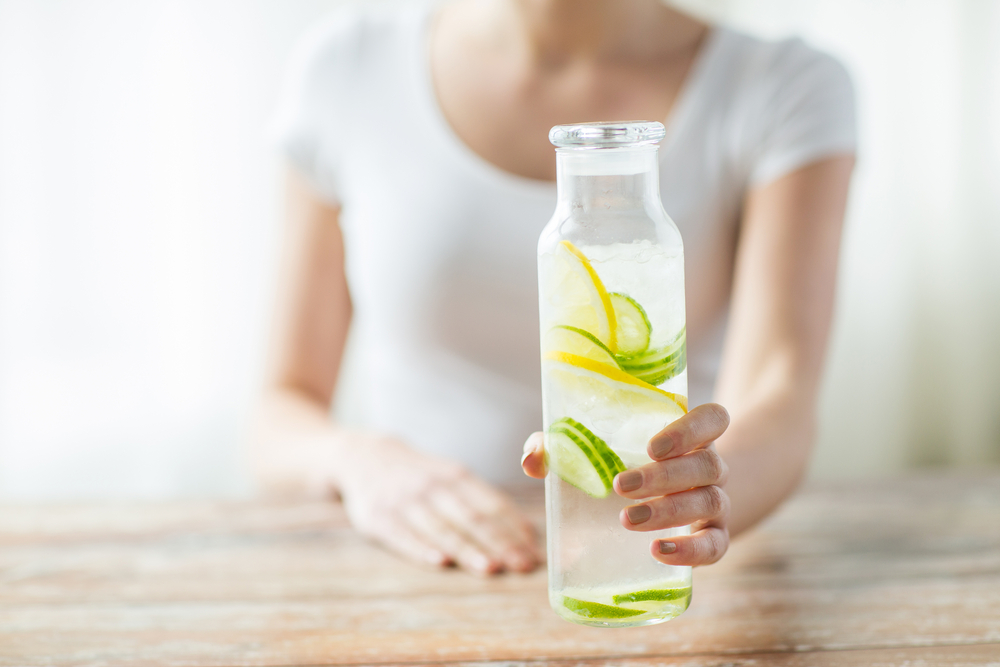Twenty-three detox rules to cleanse the body (and the skin)
A sense of heaviness, irritability, headaches, insomnia and poor digestion are all signs that our body has accumulated too many toxins and that it is time to eliminate them. How? Just follow these 23 detox rules throughout…2023!
1 – Maximum hydration for the detox routine
Purification rhymes with hydration. Drinking plenty of water is the first step to detoxification, and has immediate effects. What is the right amount? Two liters, including water, herbal teas, and infusions. These are the “vehicle” that transport and eliminate toxins from our organs (liver, intestines, kidneys, skin, and lungs). A great ally is also green tea. Thanks to its antioxidant and depurative properties, it is perfect during breaks and moments of relaxation (but without sugar!). What about alcohol? During a detox diet, they are not recommended because they are the greatest source of inflammation for the body. One can indulge, however, in a glass of red wine with meals.
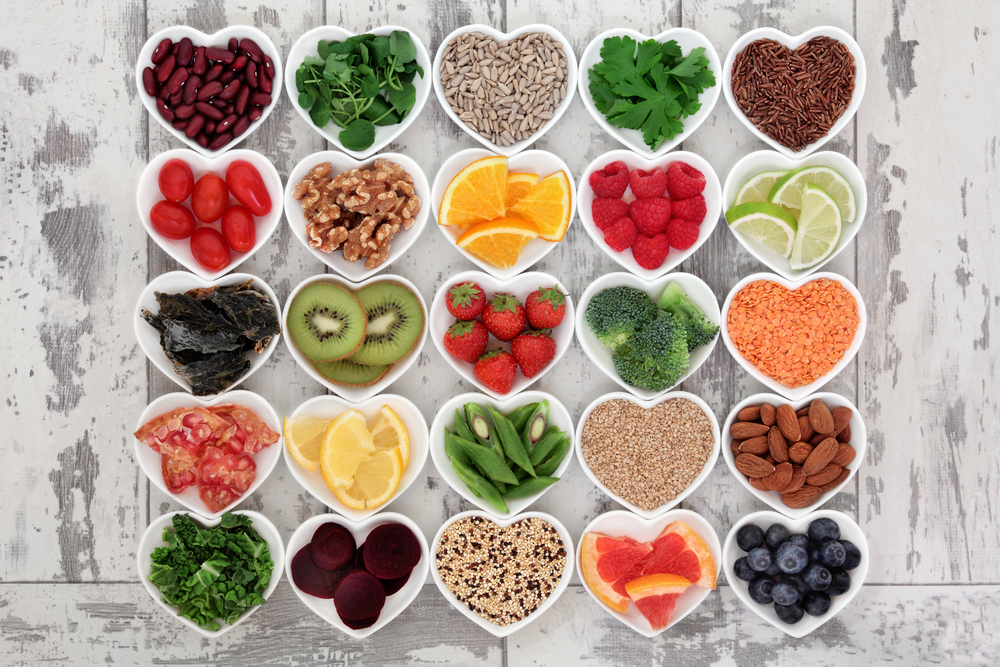
2 – Citrus fruits, valuable detox allies
Oranges, tangerines, kiwis, lemons, and grapefruits are ideal in this detox phase because they contain vitamin C, an immune system ally. Lemon, in particular, has a concentrated amount of vitamin C and aids digestion and can replace all salty and fatty condiments. Drinking water and lemon in the morning is a great habit to cleanse and start the day on the right foot.
3 – Spices, the liver’s friend
Dill, turmeric, fresh ginger, rosemary, oregano, chili peppers, and basil are perfect aromas to make meals delicious from a detox perspective. Pair them with detoxifying and draining herbs and plants such as milk thistle, dandelion, birch, gentian, verbena, and cloves to take in infusions or decoctions or as single ingredients or in combination with each other. Ginger and turmeric appear to have antioxidant and anti-inflammatory properties, as well as being known for their cleansing function.
4 – Filling up on vegetables during the detox diet
Leafy greens such as lettuce to spinach to kale are especially rich in fiber, vitamins, and antioxidants that help drain and eliminate excess toxins.. Eat them raw or dressed with a drizzle of olive oil.
5 – Say yes to artichoke, too
Artichoke flowers are rich in fiber and good for digestion, plus they help absorb fat and protect the liver.
6 – Say no to these foods instead
Forget sweets, carbonated drinks, and all sources of sugar. And then reduce salt, red meat, and foods high in saturated fat. Also limit your consumption of meats, cheeses, foods with too much animal fat (butter, sweets and sausages), and fried foods. These are foods that can increase the level of toxins within the body, fatiguing the liver and kidneys. Other foods to avoid are sauces such as ketchup, soy sauce, barbecue, and mayonnaise.
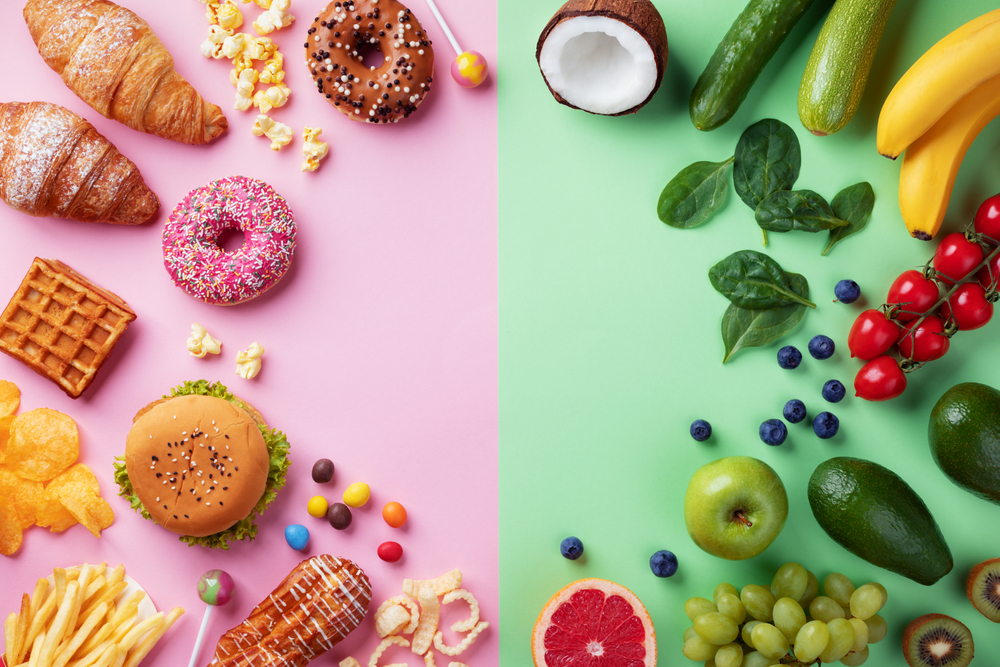
7 – Beware of cholesterol
The point is to restore a proper balance between good and bad cholesterol. To do this, start in the morning with a breakfast of oats, then add the inevitable olive oil to meals and resort to nuts and fresh fruit (apples and citrus fruits) as snacks between meals. Legumes, vegetables, oily fish, and whole grains should not be missing from the diet.
8 – Choose these proteins for detox diet
Reduce animal protein by preferring plant-based proteins such as legumes (chickpeas, lentils, beans, tofu).
9 – Limit coffee
Do not drink more than two cups a day because excessive amounts of caffeine can promote dehydration.
10 – Organize complete meals
Meals should include all macro-nutrients. The correct amounts of food at lunch and dinner should be measured by eye: one half of the plate should be occupied by protein, and the other further divided into three equal parts that include cooked and raw vegetables and carbohydrates.
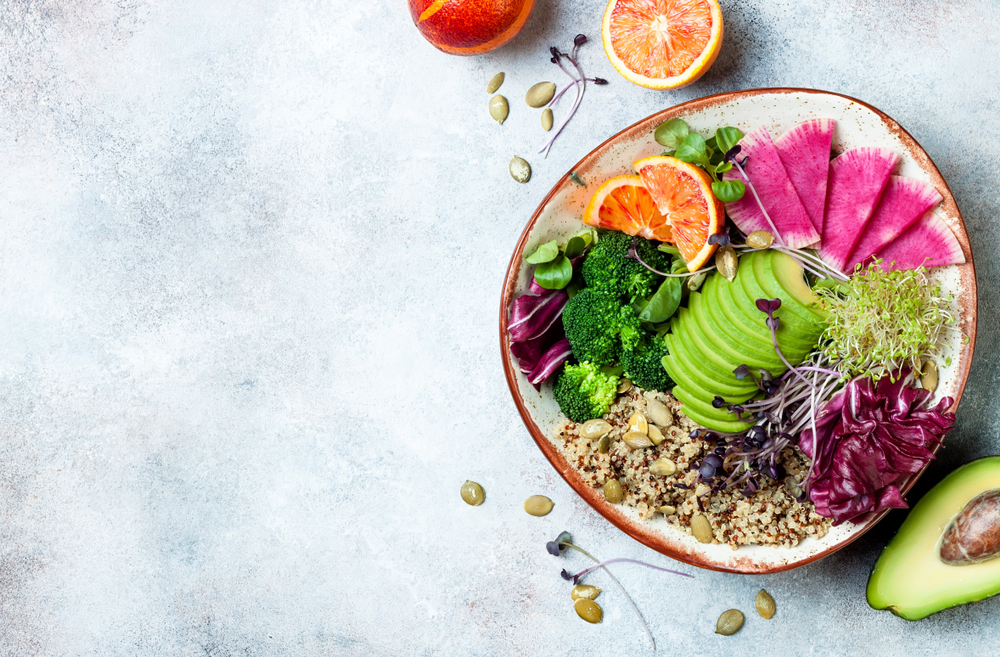
11 – Give yourself times at the table
Observing regular meal times with three light main meals and one or two snacks is good practice.
12 – The snacks rule
Snacks are useful because they allow you to arrive not hungry at lunches and dinners. The important thing is to take them when fully digested (so at least three hours after getting up from the table). Choose fresh seasonal or dried fruits. A protein snack with yogurt or a piece of parmesan cheese is also fine.
13 – The importance of oil in detox nutrition
During a detox diet, it is important to choose quality fats, limiting saturated fats as much as possible, and consuming no more than three tablespoons per day of extra virgin olive oil, preferably raw.
14 – Eat a good breakfast
Breakfast plays a very important role. You can prepare a porridge enriched with fresh fruit, seeds, and coconut flakes or opt for a breakfast of eggs, rye bread, citrus fruit juice, Greek yogurt, seeds, and nuts.
15 – Prefer a light (and not too late) dinner
Dinner should be the lightest meal of the day. A light dinner eaten not too late ensures better digestion. In fact, light foods are more easily assimilated by the body without putting pressure on the liver or causing excess gas.
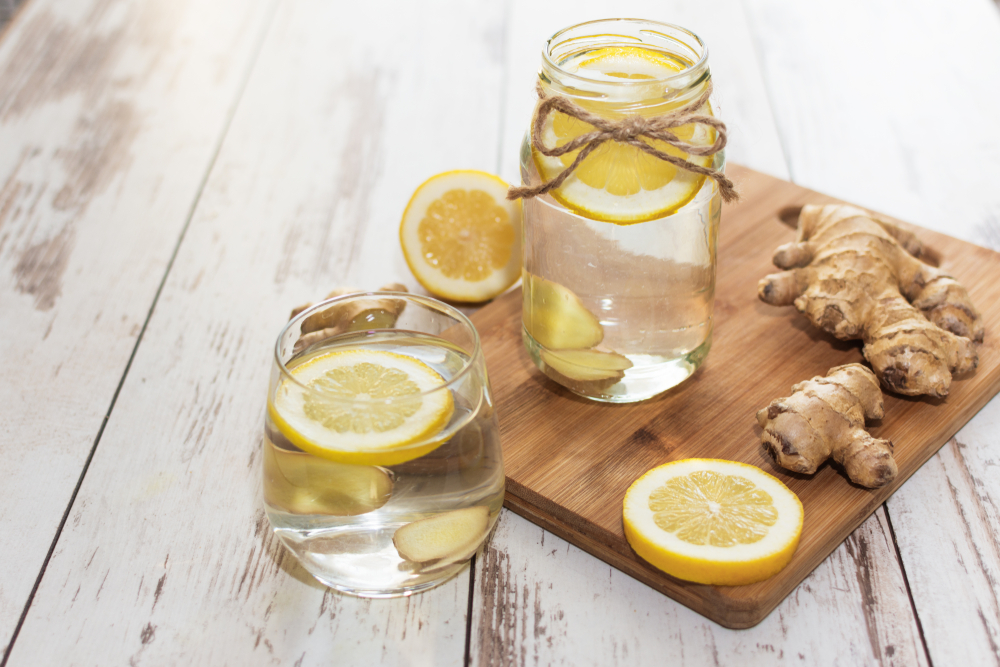
16 – Fiber intake
Taking in fiber, especially soluble fiber helps reduce the absorption of sugar and saturated fat. Vegetables, fruits, whole grains, and legumes are excellent sources.
17 – Yes to Omega 3
They reduce fat accumulation in the liver. You find them in oily fish, dried fruits, and oil seeds, such as almonds and walnuts, which are rich in vitamin E.
18 – Alternate sources of carbohydrates
To limit the risk of inflammation of the body, it is a good idea to alternate sources of carbohydrates, avoiding always focusing on pasta. Good alternatives are quinoa, rice or buckwheat.
19 – Limit dairy products
Hard-to-digest foods and processed foods should be removed during a detox diet. Dairy products are not the best either. Replace them with goat or sheep’s milk cottage cheese or a first-salt cheese.
20 – Include probiotics in your daily detox diet
Yogurt, however, is a number one ally for detox nutrition. An essential source of probiotics, it contains good bacteria that aid digestion.
21 – Cooking methods
Choose gentle cooking methods such as steaming or baking, avoiding frying and grilling.
22 – Do sports activities
The benefits of exercise have been found at all ages, and they affect more than just bones, muscles, and weight loss. In fact, endorphins released by the brain during physical activity have a positive impact on mood.
23 – Get enough sleep
Do not underestimate the importance of a good night’s sleep, during which the brain and skin tend to eliminate toxins even while sleeping. So ensure you get at least seven to nine hours of sleep per night.
